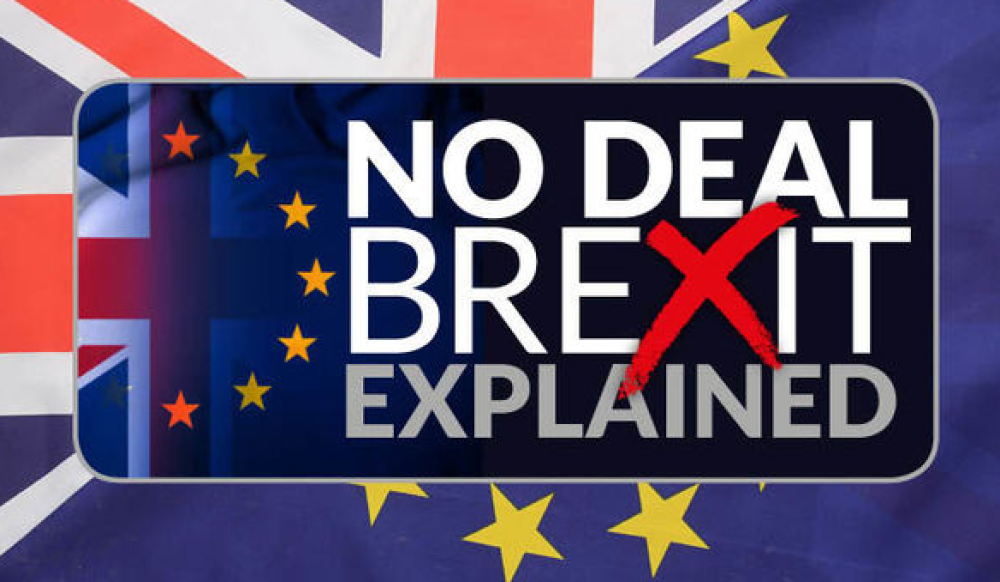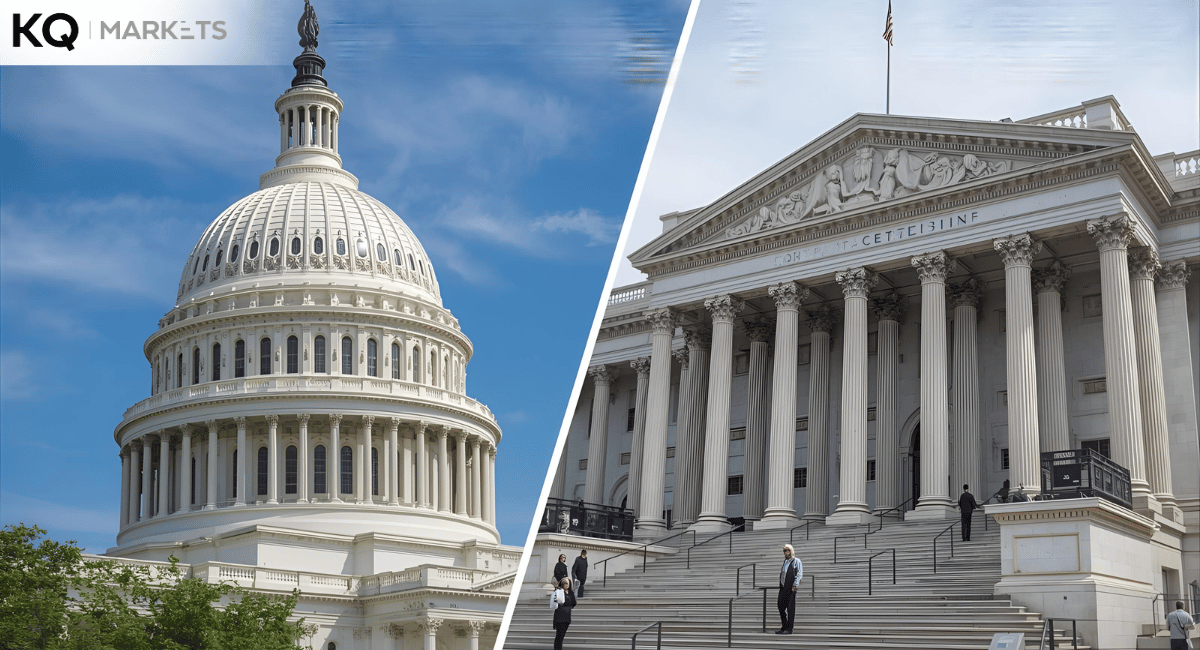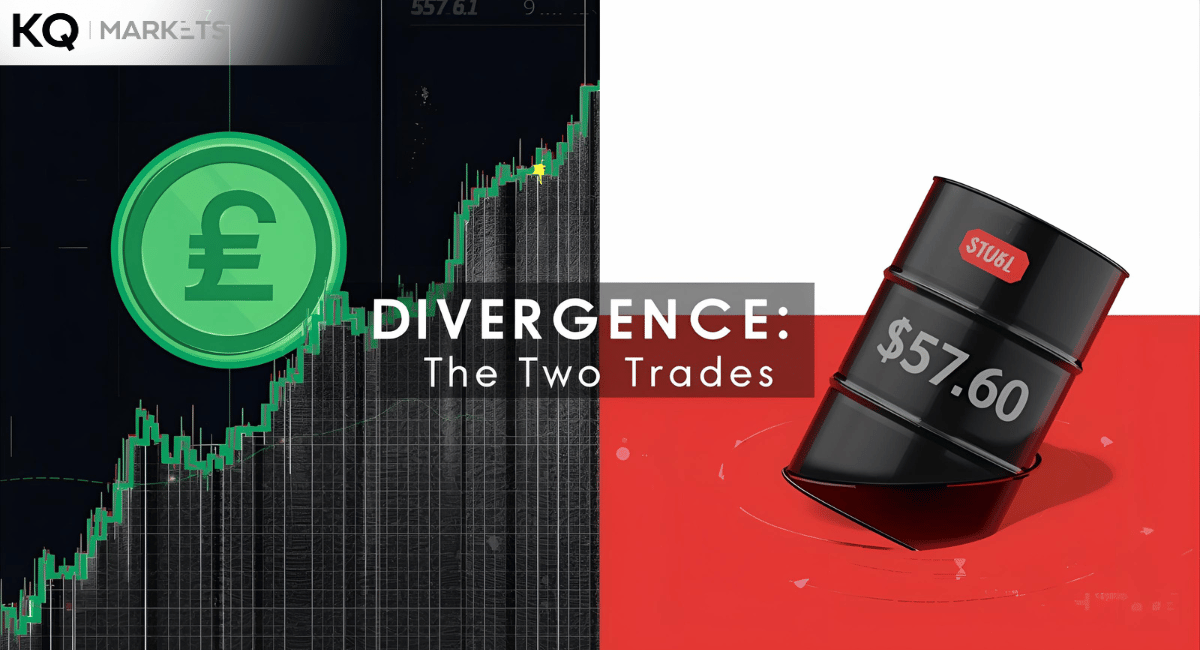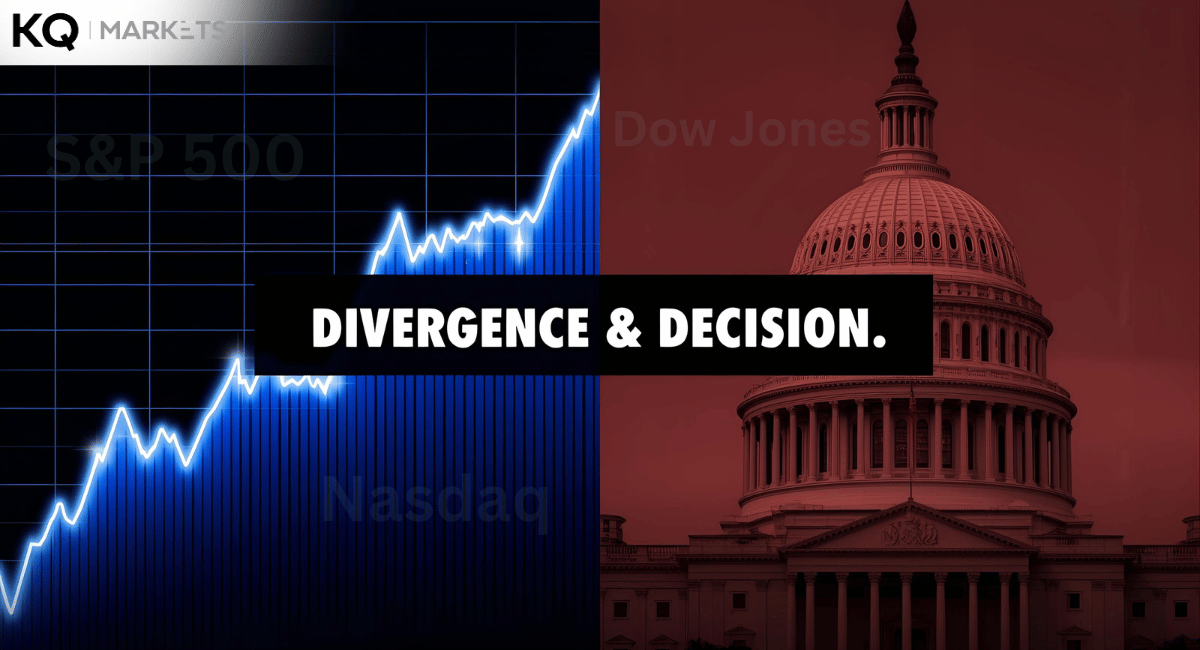Former UK Prime Minister, Mr. Boris Johnson, signed the Brexit trade deal about two years ago. He believed that the UK would become more contended, dynamic, and prosperous after exiting the European Union. Generally, Brexit allowed companies across England to trade more with non-EU nations. It intended to enable the country to close trade deals worldwide while exporting seamlessly to the EU market with over 450 million customers.
Nonetheless, the Brexit deal has shown to hobble the UK economy as it remains the only G7 member country struggling with a smaller economy than before the pandemic. Thus, the current situation has resulted in uncertainty over the EU trading with the UK. It has also damaged its most significant investments, which were 8% below the pre-pandemic levels in the third quarter despite continued trade with the EU.
Meanwhile, the sterling pound is facing its worst moments. Brexit has not boosted exports, thus, stocking inflation and making imports more costly. Yet, other G7 nations are enjoying a post-pandemic economic boom. The Brexit trade deal has resulted in trade barriers for England businesses and their foreign counterparts. It also contributes to rising unemployment, sapping investment, and weighs on exports & imports. These factors are raising inflation and hurting the business community.
On the other hand, the UK economy is struggling with workers’ strikes who complained about inflation that has swept their wages for decades. Workers are also facing immense pressure from hiking taxes and spending cuts seeking to control the record-high inflation rate. Although the Brexit trade deal is not the primary cause of the cost of living crisis in the UK, it makes the condition worse and difficult to solve.
Prime Minister Boris named the Brexit deal and the TCA (Trade & Cooperation Agreement) and implemented it on 1st January 2021. Overall, the agreement lifted tariffs on goods and introduced non-tariff barriers. The new barriers included health inspections, import duties, customs checks, and border controls on animal & plant products. Recent research from the London School of Economics shows that UK product exports to the EU dropped by 30% through 2021. Small exporters have exited European Union markets.
For instance, the UK children's jewelry company took off in the Netherlands despite its plans to expand to Germany and France. Since the Brexit trade deal, only two among over 30 Dutch firms are ready to combat the paperwork and costs to obtain stocks. Above all, products that would take two days to ship now take up to three weeks. Sales taxes and import duties make it harder to compete with other European jewelers. Thus, most jewelry companies that operated in the UK before Brexit have shifted to growth opportunities in the US.
Thank you for your attention and stay tuned for the most recent financial market changes. KQ Markets also provides an opportunity to open a free demo trading account. One can also start trading journey by learning to trade and practise at demo account. You can also direct access economic calendar here for free.
Read Also:
UK Announces Major Overhaul of Its Financial Sector
Stocks Continue Year-End Slide, Tesla Snaps 7-Day Losing Streak





